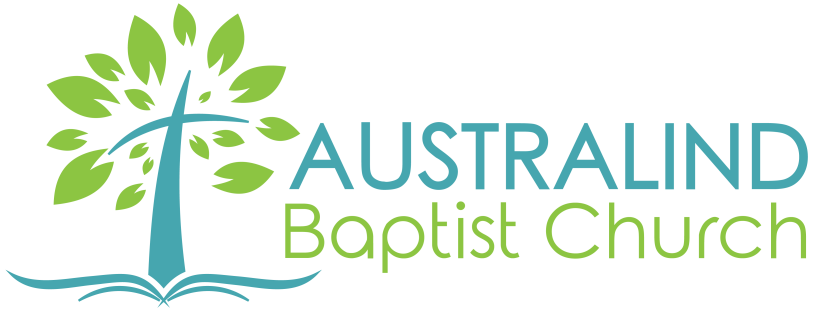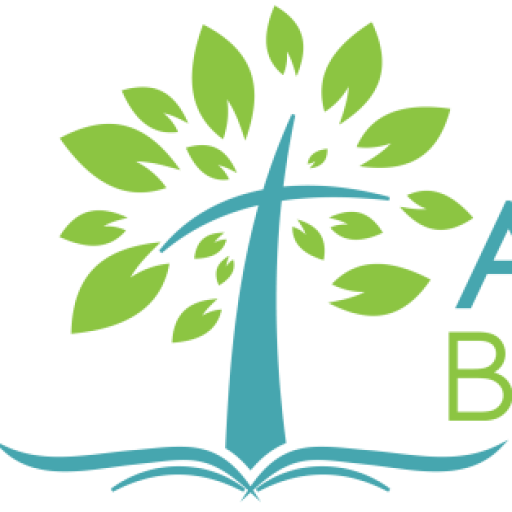1. What is it all for?
Psalm 49
The writer of this Psalm raises an old and familiar question – he calls it a riddle. Why should I fear? he asks, but he is not addressing the usual issues like attacks from an enemy, famine or flood or even health issues. He is asking about money and why it is that some have it and others don’t.
For the people of Israel wealth and prosperity were a sign of God’s blessing, it was a promise of the covenant. If you were poor did that mean you were not one of his chosen people? Had could the ungodly be wealthy and not the righteous – this does not seem right. It may have been that the lack of material wealth was the basis of mocking and criticism from those who had rejected God. How can you be God’s people if you suffer?
The psalmist deals with this in much the same way as the writer of Ecclesiastes who wrote: “Here is a tragedy I have observed under the sun, and it weighs heavily on humanity:[ God gives a man riches, wealth, and honor so that he lacks nothing of all he desires for himself, but God does not allow him to enjoy them. Instead, a stranger will enjoy them. This is futile and a sickening tragedy” (Ecclesiastes 6:1,2). Burt the Psalmist responds to this in a different way.
The pursuit of wealth has been the passion of men and women since the beginning and sadly it has been the cause of many disputes and much unhappiness. Throughout the pages of the bible we see relationships broken because of possessions, and this is repeated in secular history as well. Russian Author Leo Tolstoy was born into nobility and wealth and yet struggled with why some enjoyed it and others did not. In ‘War and Peace’ he wrote: “He had suddenly felt that wealth, and power, and life – all that people arrange and preserve with such care – all this, if it is worth anything, is only so because of the pleasure with which one can abandon it all.” Toward the end of his own life it was his plan to give away all he had and live a simple life, his wife Sonya didn’t share his views though and that never happened. But he understood that there had to be more to life, in ‘Confessions’ he wrote: ““Is there any meaning in my life that wouldn’t be destroyed by the death that inevitably awaits me?”
The Psalmist addresses this same question. He points out that everybody faces the same end – he calls it Sheol, the dwelling of the dead. Whether you are rich or poor, death awaits. Even though the Egyptians would bury their dead with their wealth and riches, those things didn’t travel with them beyond the grave. It has been said that a hearse on its was to a graveyard doesn’t tow a trailer containing the possessions of the deceased. Ecclesiastes 5:15 puts it this way: “As he came from his mother’s womb, so he will go again, naked as he came; he will take nothing for his efforts that he can carry in his hands.”
But the psalm writer inserts a word missing from the thoughts of Ecclesiastes, it is in verse 14. It is the word ‘But”. He writes “But God will ransom my soul from the power of Sheol, for he will receive me.” All of us face death but God will buy back from death those that are his. The fate of those who have rejected him and all of their accomplishments is to perish. What is the meaning of your life – will it outlast your possessions? To what do you devote your time and talent, will it satisfy your soul?
1. D. James Kennedy said that most people today are satisfied with where they are spiritually, not dissatisfied with where they are materially; it ought to be the other way around. What about you?
2. Jesus said we are to be content with what we have on earth but to build up treasures in heaven, how do you do that?
3. What are you giving your life to?

